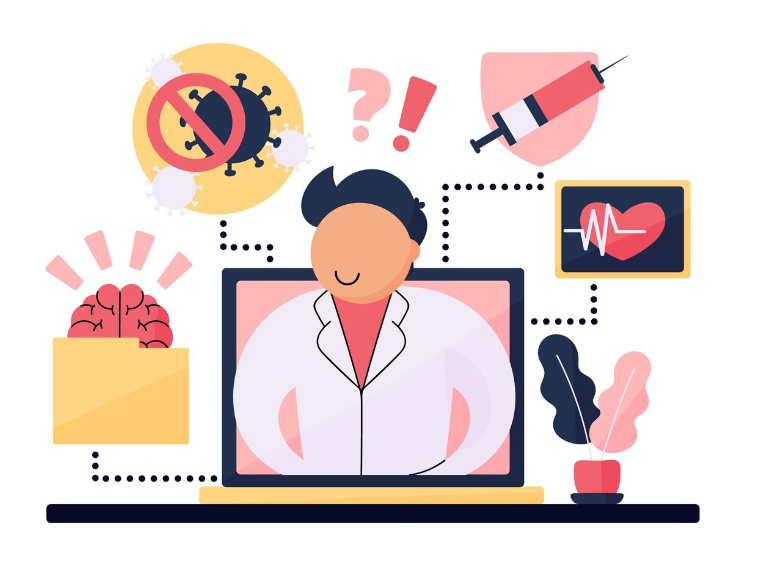
The Role of Hormones in Coping with Hypothyroidism: Support Groups, Resources, and Mental Health Strategies
Introduction: Living with hypothyroidism can be challenging, both physically and emotionally. Coping with the symptoms and managing daily life requires support, resources, and strategies to maintain mental well-being. In this blog, we’ll explore how hormones influence hypothyroidism and discuss the importance of support groups, resources, and mental health strategies in coping with this condition.
Understanding Hypothyroidism: Hypothyroidism occurs when the thyroid gland doesn’t produce enough hormones to meet the body’s needs. This can lead to symptoms like fatigue, weight gain, depression, and brain fog. Hormones play a crucial role in regulating mood, energy levels, and overall well-being, making it essential to address both the physical and emotional aspects of hypothyroidism.
Support Groups and Resources: Joining a support group or connecting with others who have hypothyroidism can provide valuable emotional support, practical advice, and a sense of community. Online forums, social media groups, and local support groups offer opportunities to share experiences, ask questions, and find solidarity with others facing similar challenges. Additionally, organizations like the American Thyroid Association and Thyroid Foundation of Canada provide resources, educational materials, and advocacy initiatives for individuals with thyroid disorders.
Mental Health Strategies: Managing hypothyroidism involves more than just physical treatments. It’s essential to prioritize mental health and well-being as well. Strategies for maintaining mental health with hypothyroidism may include:
- Practicing stress-reducing techniques like meditation, deep breathing exercises, or mindfulness.
- Engaging in regular physical activity to boost mood, reduce stress, and improve overall well-being.
- Seeking professional support from therapists or counselors who specialize in treating chronic health conditions and mental health concerns.
- Educating oneself about hypothyroidism and its effects on mental health to better understand and manage symptoms.
Conclusion: Coping with hypothyroidism requires a holistic approach that addresses both the physical and emotional aspects of the condition. By connecting with support groups, accessing resources, and implementing mental health strategies, individuals with hypothyroidism can navigate the challenges more effectively and improve their overall quality of life.
To seek medical advice, always consult a Doctor. Here are our recommended experts. Click Here
To read more on Hypothyroidism. Click Here


